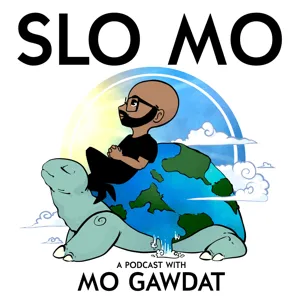At the age of sixteen, Dr. Edith Eger, a trained ballet dancer and gymnast, was sent to Auschwitz. Hours after her parents were sent to the gas chamber, the “Angel of Death,” Nazi officer Dr. Josef Mengele forced Edith to dance for his amusement and her survival. He rewarded her with a loaf of bread that she shared with her fellow prisoners, an act of generosity that would later save her life.
On May 4, 1945 a young American soldier noticed Edith's hand moving slightly amongst a number of dead bodies. He quickly summoned medical help and brought her back from the brink of death. Today, Edith is a prolific author, a clinical psychologist, and holds a faculty appointment at the University of California, San Diego.
Decades after her nightmare at Auschwitz, Edith went back. Realizing that the biggest concentration camp is in fact in our minds, it became clear to her that she was only the obvious victim of the Holocaust. The perpetrators of the horrors at Auschwitz and other camps, in her view, may be even bigger victims, as they're the ones who ended having to live in a prison in their own minds, one that numbed them to compassion and love. Once again, despite her traumas, Edith ended up on the high road, a place from which she inspires all of us to do the same. This is a must-listen.
In Part 2, we discuss:
- The biggest concentration camp is in your own mind
- Why she decided to go back to Auschwitz
- Feeling pity and sympathy for the Nazis that imprisoned her
- How the isolation of Covid-19 is a good time to examine your life
- Make peace with your parents and your past, or stay a prisoner of it
- Don’t stuff grief, just scream it out
- Fear and love do not co-exist
- Evolving vs. Revolving
- The positive side of trauma: "You realize you're here now, and no longer there"
- How I want nothing more than to cook for Edith!
- Conflict between Palestinians and Israelis, and my own Middle Eastern upbringing
- "There is a Hitler in all of us"
- How her daughter teamed up with the grandson of a Nazi to spread peace
- "People killed my parents, not God. He had nothing to do with it."
- Edith's amazing series of questions for me, which opened me up too
- Her advice to young women: become financially and emotionally independent
- Her suicidal thoughts after being liberated, realizing her parents aren't coming back
- Her time with Martin Luther King and the Mamas and the Papas (how cool is that?)
- Discussing the passing of my son Ali: "There is no loss. It's just about celebrating what you have while you have it."
Instagram: @mo_gawdat
Facebook: @mo.gawdat.official
Twitter: @mgawdat
LinkedIn: /in/mogawdat
Connect with Dr. Edith Eger on Facebook @dreditheger, Twitter @dreditheger1, Instagram @dr.editheger, and her we
YouTube: @mogawdatofficial
Instagram: @mo_gawdat
Facebook: @mo.gawdat.official
LinkedIn: /in/mogawdat
X: @mgawdat
Website: mogawdat.com
Don't forget to subscribe to Slo Mo for new episodes every Saturday. Only with your help can we reach One Billion Happy #onebillionhappy


